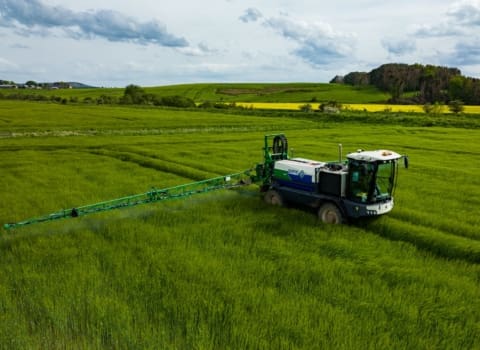Contact our offices
Main office
COLBURN
5 & 6 BAILEY COURT
COLBURN BUSINESS PARK
RICHMOND
NORTH YORKSHIRE
DL9 4QL
Estate Agency Offices are located in
BARNARD CASTLE, BOROUGHBRIDGE & RICHMOND
Residential Management Team
Our Offices
- Alnwick
01665 568310
Email Officealnwick@gscgrays.co.uk - Barnard Castle
01833 637000
Email Officebarnardcastle@gscgrays.co.uk - Boroughbridge
01423 590500
Email Officeboroughbridge@gscgrays.co.uk - Chester-Le-Street
0191 3039540
Email Officechester-le-street@gscgrays.co.uk - Colburn
01748 897630
Email Officecolburn@gscgrays.co.uk - Driffield
01377 337180
Email Officedriffield@gscgrays.co.uk - Hamsterley
01388 487000
Email Officehamsterley@gscgrays.co.uk - Hexham
01434 611565
Email Officehexham@gscgrays.co.uk - Kirkby Lonsdale
01524 880320
Email Officekirkbylonsdale@gscgrays.co.uk - Penrith
01768 597005
Email Officepenrith@gscgrays.co.uk

Tax continues to fuel the growth in demand for farms and farmland
The 2020 farms and farmland selling season was underscored by the shortage of supply in most regions of England. As we enter 2021 this has been further highlighted by a surge in demand from those fortunate enough to have had options with housebuilders which are now coming to the fore.
Housebuilders have never been busier, with several market factors including the Government’s supported Help to Buy scheme and the Stamp Duty holiday leading to a surge in demand for property and new developments across the country.
Instead of land banking, developers have in the most recent past, preferred to take out options on land for development in the future without locking up a large amount of capital. These options are being taken up in increasing numbers as planning is granted in support of the need for new homes and taking advantage of current market conditions. This in turn is generating considerable sums to farmers who have these development options who now wish to reinvest in more land whilst taking advantage of current Capital Gains Tax Roll-Over reliefs.
Under current fiscal rules, Capital Gains Tax relief is offered where the gain from the sale of a business asset is rolled over into the purchase of other business assets. Technically this a deferred tax relief that would have to be paid when those assets are sold again and are not reinvested in a business, but the effect now is that the Roll-Over relief can save tax of 20% of the gain made. This gives considerable additional purchasing power to those in this fortunate position and may become even more expedient should changes being muted to Capital Gains Tax rates bring them in-line with Income Tax rates.

The problem is there is very little land to buy at present and if this money is not reinvested a large chunk will be lost to the industry or to the Inland Revenue. Those fortunate to be in this position would much rather pay a bit more for land now than loose it in tax creating a huge opportunity for sellers retiring or coming out of farming to get a premium for their properties.
Others creating competition for farmers in the farmland space are those non-farmers seeking shelter from Inheritance Tax (IHT) by utilising Agricultural Property Relief (APR), but this too is set to change. Successive Governments have pledged to look again at this relief because it is felt that it is not being used for the purpose it was originally intended, (to allow the next generation of farmers to take on the farm without the burden of having to raise cash to pay a tax the business could seldom afford) as is being used all too often to as a tax avoidance measure for non-farmers. The impact of this change could well dissuade non-farmers from entering the market in such numbers – good news for farmers perhaps – but without competition from this sector, prices will be likely to fall.
Despite these influences and uncertainty in UK agriculture brought about by leaving the European Union demand continues to outstrip the supply of farms and land, so now really is a good time to consider selling.

GSC Grays has a dedicated farm agency team able to advise on all aspects of the marketing and sale of farms and land. With the support of their farm business advisers, specialist valuers, and reputation for working closely with agricultural lenders, accountants and solicitors has helped deliver the best outcomes for clients, even if that turns out to be a different outcome from one first anticipated.
For further information and advice contact John Coleman, Head of Farm Agency in complete confidence on 07779 973825 or 01748 897 627










